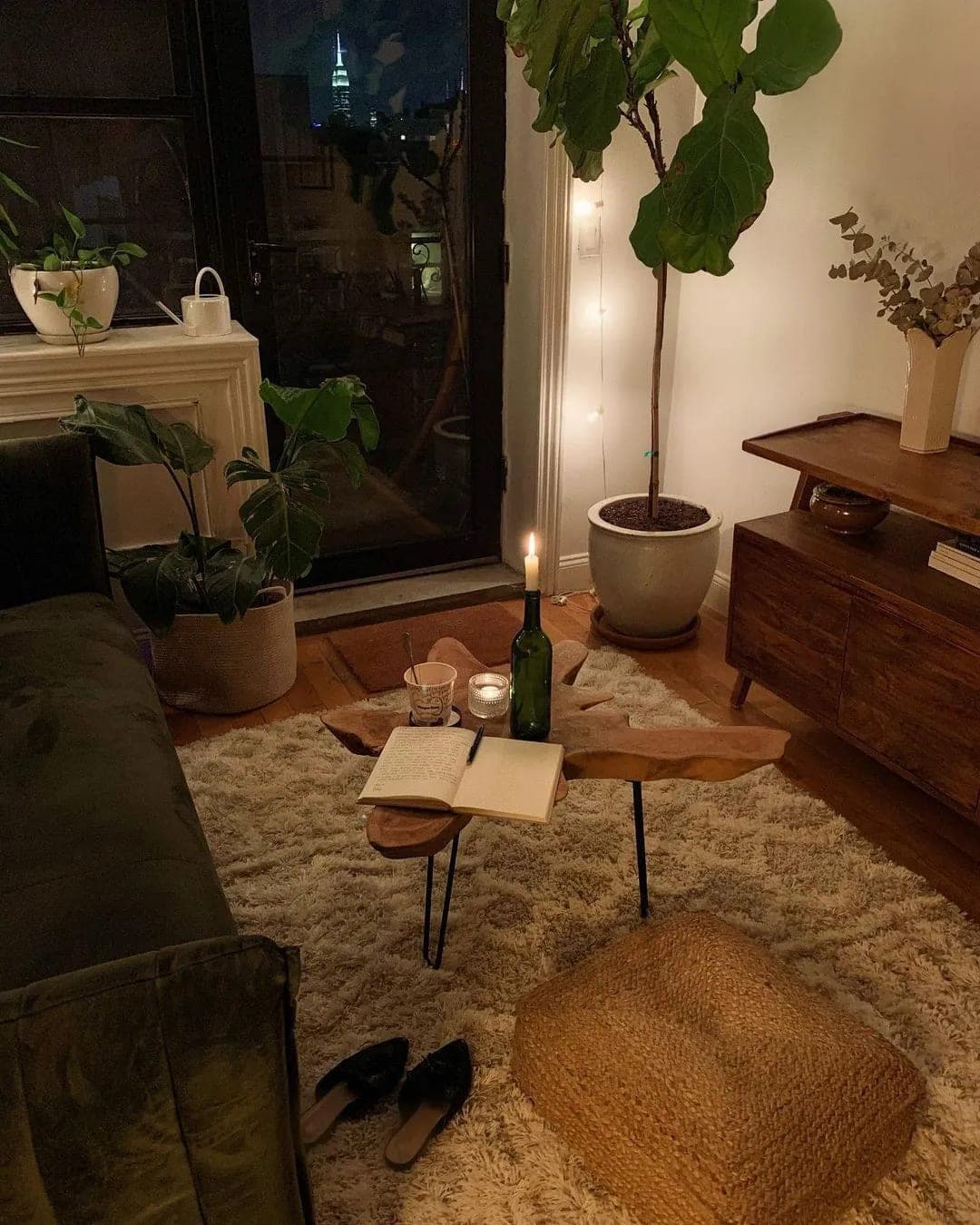Express Yourself On The Public Stage
I used to shy away from creating in public because I thought none of my opinions were worth listening to. I don’t think that’s true anymore.
What holds me back today is two beliefs:
-
The belief that what I put out there isn’t good enough.
-
The belief that I have no idea what I’m talking about.
Notice that these are both beliefs, not truths. Unlike truths, beliefs are under my control, so I could simply choose to believe something else, and that would be the end of the discussion. But that’s easier said than done, and it would behoove me to dig further into why I believe these things.
I have no idea what I'm talking about
This is probably true. I’m 22 years old, and the amount of nascent, unverified ideas I have about how the world works far exceed those that have actually been put to the test through experience. There’s a good chance that my mental frameworks don’t align with real life, and that my opinions are wrong, or, at best, well-intentioned but misleading.
But I’m realizing that none of this matters, because this isn’t the right framework from which to approach public expression. I’m operating on the assumption that any opinionated work I put out (especially if it’s in the form of writing) has to be advisory.
Why have I been operating on this assumption?
Because whenever I read something profound or come across a written piece that offers a different perspective on something I’ve already encountered, I interpret it as advice, rather than simply seeing it for what it is - a different perspective. Let me clarify this with the example of “Personal Renewal” by John Gardener, one of my favorite essays. It contains the following paragraph:
“The things you learn in maturity aren't simple things such as acquiring information and skills. You learn not to engage in self-destructive behavior. You learn not to burn up energy in anxiety. You discover how to manage your tensions, if you have any, which you do. You learn that self-pity and resentment are among the most toxic of drugs. You find that the world loves talent, but pays off on character.”
To me, this was a fresh perspective on maturity, and, by extension, adulthood. After thinking about it for 10 seconds, I decided I agreed with him, and my brain interpreted his statements as:
-
Don’t engage in self-destructive behavior
-
Don’t burn up energy in anxiety
-
Always uphold your character and integrity
Note that the by the way he phrased his sentences, he wasn’t explicitly dishing out advice. My brain simply interpreted it as such, because that’s what it does. It looks for information that will make my life simpler, and therefore it looks for advice and meaning in places where there isn’t supposed to be any.1
And because I subconsciously end up extracting advice from the things I read, I’ve been erroneously making the assumption that everything people write is advice. Which leads me to think, if writing = advice, then I’m in no position to write in public, because I’m in no position to dish out advice.
This is good logic based on flawed assumptions.
I may not have any business advising people, but I most certainly am in a position to write online. Everyone with a laptop and an internet connection is. Writing isn’t always about giving advice. It’s about expressing perspectives. It’s about solidifying ideas. It’s about the poetry. It’s about arriving at a universal understanding. It’s about finding people with whom your thoughts resonate.
And even if I end up writing in the imperative, I’m primarily writing for an audience of one - myself. These are essentially notes to myself, and any advice I offer is for myself. That other people happen to be reading is simply a fortunate by-product of the nature of the internet. Which brings me to my other belief:
My work isn't good enough
This belief starts falling apart when you examine it under a microscope. Good enough for what? Good enough to rank #1 on Substack or Youtube or whatever other platform I’m publishing on? You’re right, it probably isn’t good enough for that just yet.
Yet.
By why does that matter?
When I really think about it, it doesn’t. What I’m actually worried about is whether I’ll be wasting my time creating things no one cares about.
This is taken care of by, once again, creating for myself. I should only be creating things I want to consume. The only way to deal with the possibility that my work will go unnoticed by the public is to ensure that what I create satisfies some need within me. When the process is inherently rewarding, praise from the public is simply the icing on the cake.
Why create in public, then, if I’m only creating for myself?
Because it’s likely that there are other people in the world for whom my creative work scratches an itch. I must allow for the possibility of my thoughts to reach those people, so that we can explore the problem or idea together.
Besides, I can’t bear keeping to myself any longer. The opportunity cost of not expressing myself on the public stage is too high.
Henrik Karlsson argues that a blog post is a very long and complex search query to find fascinating people and make them route interesting stuff to your inbox. I think this holds true for any form of creative expression. So I’m going to start consistently creating, building, and expressing myself in public today.
And hopefully make some friends along the way.
Neel



